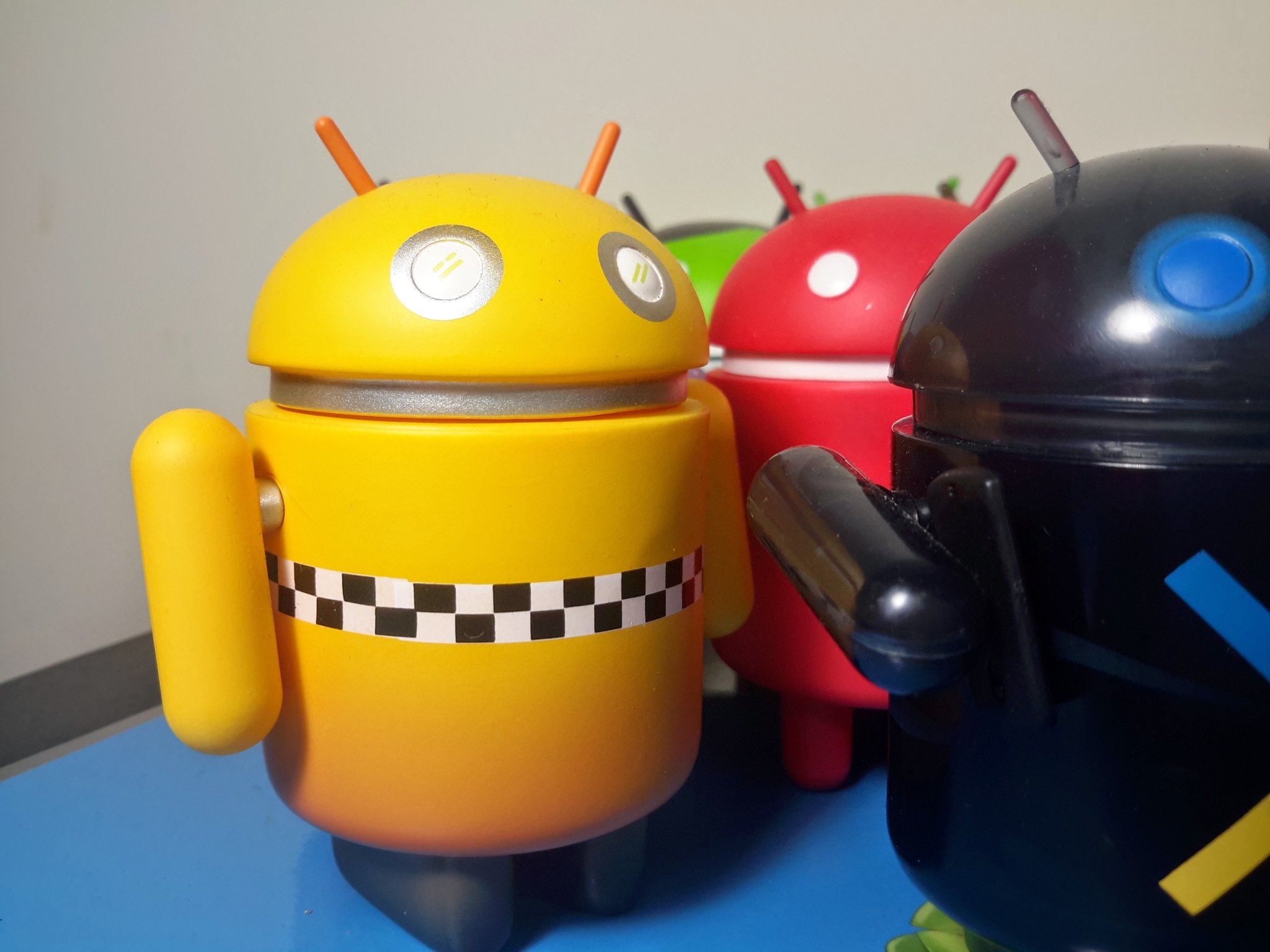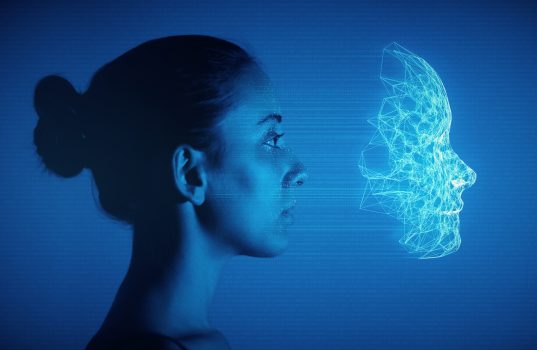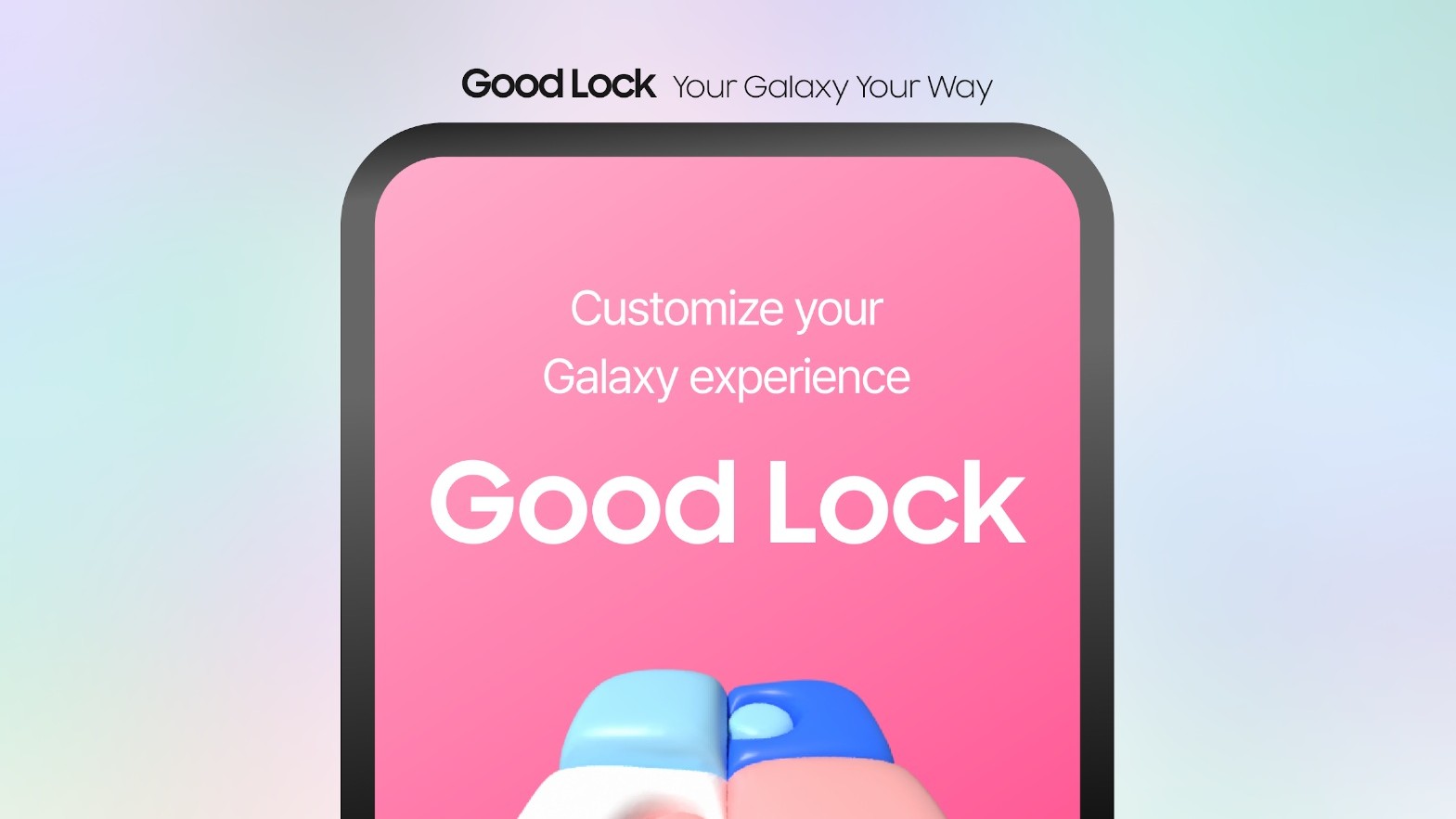Licensing facial data for commercial images is a smart play
Models can now license their facial data through Getty Images.

Because I write on the internet for a living, I'm familiar with companies like Getty Images, which provides stock photography for the things I can't take a photo of on my own. You know, stuff like self-driving cars or things in far-away places.
These companies exist as a place for professional photographers to submit their work so that the proper licensing and fees can be applied and collected. It's a good system for photographers, people like me who need photographs, and for the models/subjects often featured in the pictures themselves who can also collect a fee.
Because it's a for-profit endeavor, it's also very different from you or I grabbing what we think is the best Android camera phone and grabbing pictures for our own enjoyment.
You should own the geometry of your face the same way you own its image.
One thing has been missing and with the advent of a brave new world where seemingly everything relies on machine learning and artificial intelligence it was a pretty glaring omission — the licensing of actual facial geometry. That changed now that Getty is providing a way for it to be properly licensed. From Getty's press release:
"Developed with input from the Digital Media Licensing Association (DMLA), a leading body supporting business standards in visual content, the new form will provide clarity and guidance as to how data, including visual content, can be tracked and handled appropriately to protect the personal and biometric data captured by our content creators."
This is more important than you might think because big tech companies have been harvesting this type of data for a while now.
Photos are training material

Machine learning and artificial intelligence aren't really what their names imply because computers can't actually learn the same way people can. When you see those terms being used, think of them as a way to describe a giant pool of data that a computer can use to find things that are similar.
Be an expert in 5 minutes
Get the latest news from Android Central, your trusted companion in the world of Android
That means when Google Photos is able to match pictures of your face or the face of a family member, it's not really smart. It just knows where to look and what to match. Things like eyebrows, eye and lip shape, and the shape of your nose are ways to match you to a photo of you. They are also things that are difficult to completely change, even with surgery.
Computers can't really learn the way a human can. It's just a cool term for some software.
One way to "train" a computer algorithm that looks at faces is by feeding it millions and millions of photographs of faces. This goes for lots of other things too, like cats or types of car parts. The computer isn't trying to match anything in particular when it's being trained, it's just collecting data about who all these things that are the same are also different.
Using the cat example, NVIDIA is able to (almost) instantly recognize a lion, cheetah, or a housecat when it sees a photo of one because the cluster of computers that make that decision use software that was fed many photos of different types of cats. Cats all have some physical characteristics in common and a computer can now recognize them.
Why this matters
This is why content creators or models having a way to license their facial data is important. I don't think NVIDIA properly licensed all those photos of cats it used because it didn't need to do it. The same goes for machine learning models being trained to find people — free images you can find in a simple Google Image search are just there.
People who depend on photographs of their face or who take photos of faces for a living deserve something a little better. Proper licensing that has evolved with technology is important for everyone involved.
None of this protects you and you can't really opt out of having images you put on the internet exempted from being used this way. Think about this the next time you drop a pic on Facebook or Twitter. Even better, read the terms of use to know what the companies themselves will do with your photos.
Welcome to the digital age.

Jerry is an amateur woodworker and struggling shade tree mechanic. There's nothing he can't take apart, but many things he can't reassemble. You'll find him writing and speaking his loud opinion on Android Central and occasionally on Threads.
